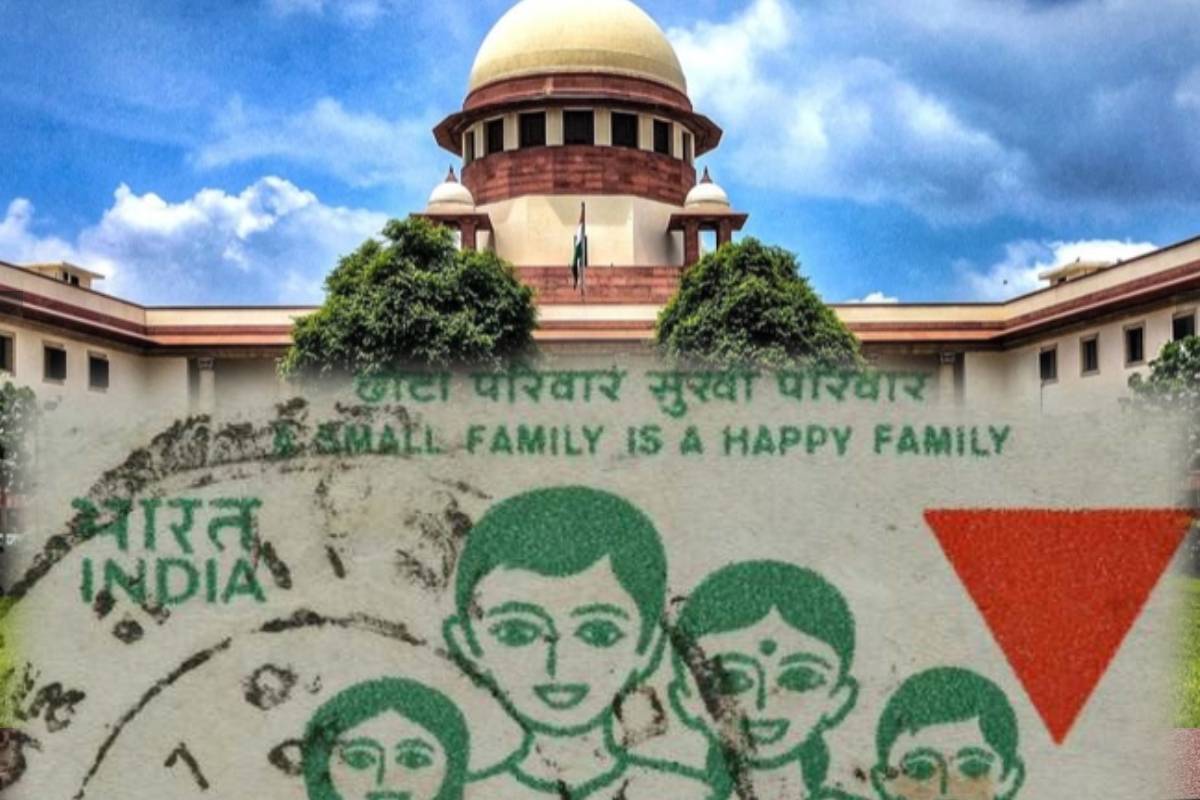NEW DELHI: In a significant verdict, the Supreme Court, led by Justice Kant, has upheld the ‘two-child norm’ eligibility criteria for candidates seeking government jobs in Rajasthan.
The ruling echoes a similar provision upheld by the court in 2003 for candidates contesting panchayat elections, emphasising the non-discriminatory nature and constitutional validity of such measures. The case in question involved ex-serviceman Ram Lal Jat, who had applied for a constable’s post in the Rajasthan Police after his retirement in 2017.
ALSO READ : Modi leads ranking of powerful Indians, Adani among top 10
His candidature was rejected based on Rule 24(4) of the Rajasthan Police Subordinate Service Rules, 1989, which adheres to the ‘two-child norm’ established under the Rajasthan Various Service (Amendment) Rules, 2001.
The Supreme Court bench, comprising Justices Surya Kant, Diapankar Datta, and K V Vishwanathan, dismissed Jat’s appeal, stating that the High Court judgment did not warrant interference. The ‘two-child norm’ rule, applied since June 1, 2002, disqualifies candidates with more than two living children from government job eligibility.
ALSO READ : Supreme Court extends stay on Shahi Eidgah Mosque Survey in Mathura
The bench justified its decision by referencing a similar provision for panchayat elections upheld by the Supreme Court in 2003. In the case of Javed and others vs. the State of Haryana, the court had deemed the classification as non-discriminatory and in line with the constitution, citing the promotion of family planning as its objective.
The judges emphasised that the ‘two-child norm’ falls within the realm of policy, and there is no need for the court to interfere with it. The ruling supports the state’s prerogative to set eligibility criteria for public employment based on demographic considerations.
This Supreme Court endorsement of the ‘two-child norm’ for government jobs reaffirms its stance on similar measures adopted for electoral candidates, further establishing the legal validity of such policies to promote family planning.










